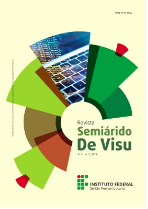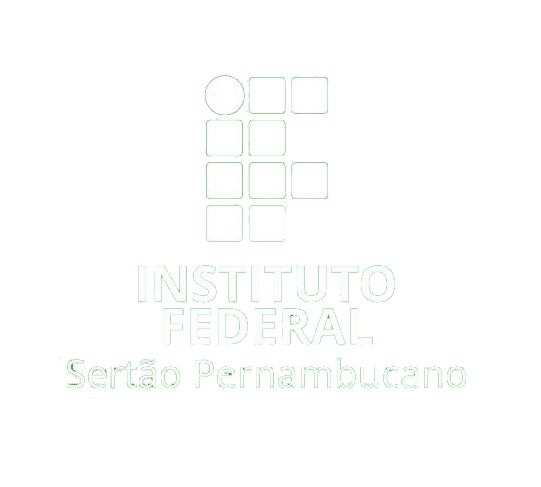De Gaston Bachelard à Michel Foucault:
Descontinuidade e questão antropológica
Visualizações: 389DOI:
https://doi.org/10.31416/cacto.v3i1.437Abstract
Foucault's work received various influences, as it developed and became more complex, in the period that covers the 1960s and 1970s, until the 1980s. Gaston Bachelard (1884-1962), Alexandre Koyré (1902-1968) and Georges Canguilhem (1904-1995), his great references in historiographical epistemology. By bringing together, in an original way, different theoretical perspectives, Foucault inaugurates a new approach to research on the constitution of knowledge. Such an approach will be designated by the archeology philosopher. Bachelard's philosophy remained a reference for Foucault, especially for the analyzes carried out on the constitution of scientific knowledge. Despite the obvious divergences between the position of Bachelard's epistemology and Foucault's archeology regarding the issue of historical recurrence, both perspectives are based on a discontinuist view of time. The present study aims, at first, to show the possible approximations and distances between Bachelardian epistemology and Foucauldian archeology; and in a second moment, to point out some elements around Foucault's discontinuism, inherited from Bachelard, and its relation with the anthropological question.














